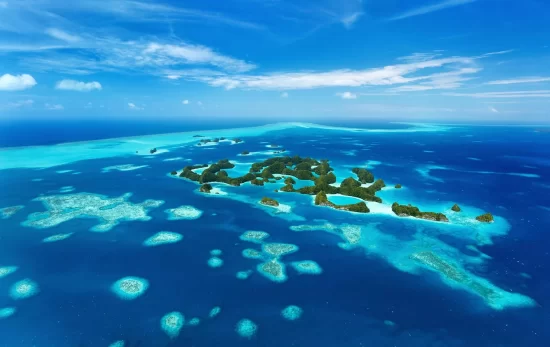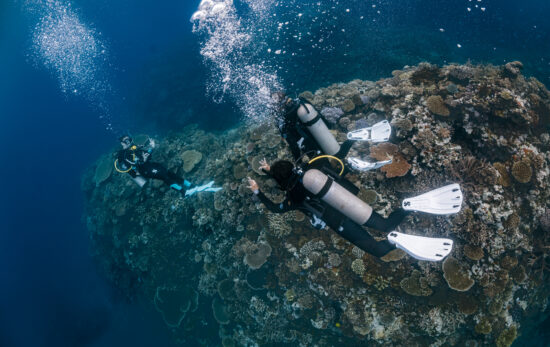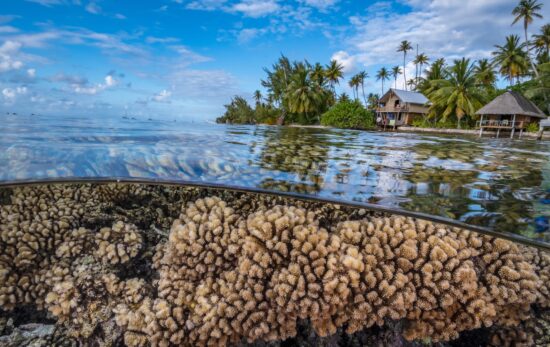For many, the ocean is our playground which is why we want to keep it as protected as possible. To play a part and save the ocean, here are seven ways to ensure our blue waters get back in shape for the generations of ocean enthusiasts to come. Help us #SaveTheOcean because #NoBlueNoGreen.
1. Pass on the Plastic
It’s estimated that there are millions of tons of plastic floating in our oceans that are swept in from streets, rivers and storm drains during heavy rains. (It’s not just from throwing trash overboard.) Once there, plastic harms birds and sea life that either get tangled up in the trash or mistake it for food and ingest it. And the problematic plastic isn’t going away any time soon. It takes up to 1,000 years or longer for it to biodegrade. Scientists estimate that the size of The Great Pacific Garbage Patch may cover an area twice the size of Texas or more.
Safe Alternatives: While recycling is the obvious solution, the biggest way to reduce plastic consumption is to stop buying bottled water, bring your own travel mug to Starbucks, and cook more often to reduce your use of those takeout containers and plastics. You may even find you’ll be eating a little healthier, too.
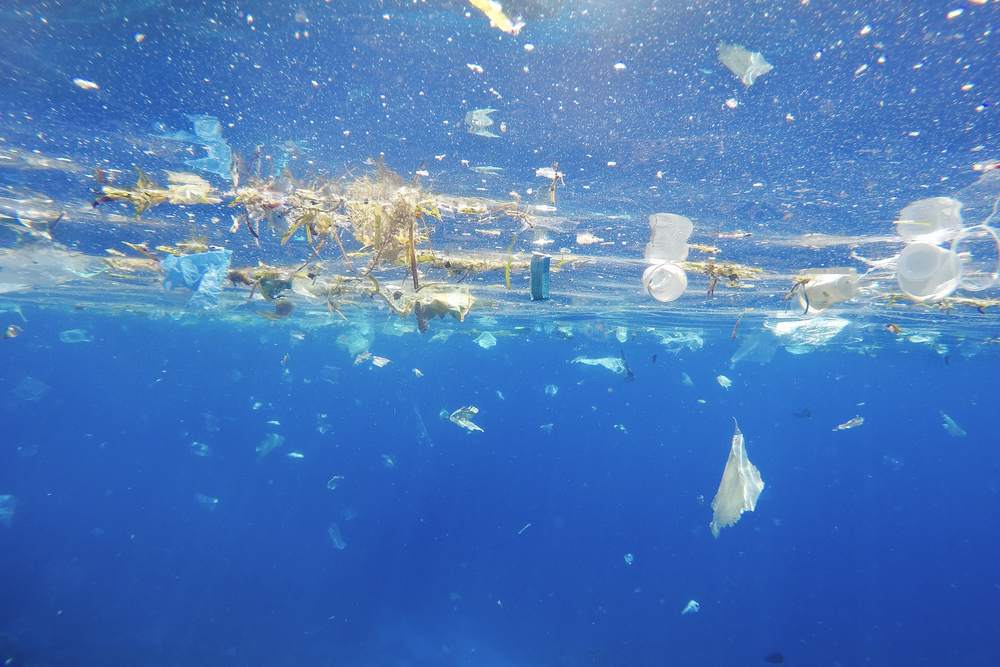
2. Skip the Balloon and Lantern Releases
It might seem like an innocent idea, but released balloons or sky lanterns, including the ones labeled “biodegradable,” can travel thousands of miles until they eventually land on the ground or in the water as a form of litter. What’s worse: birds, animals and marine life mistake the debris for food, which clogs the digestive system and leads to starvation.
Safe Alternatives: Blow bubbles, plant a tree or write a wish on flying wish paper, roll it up, light it and let it go. The latter leaves minimal ash without harming the environment.
3. Clean Green
From washing the dishes to cleaning the floors, even if you don’t live near the coast, anything that goes down your drain can eventually end up in the ocean.
Forgo the bleach and harsh chemicals by choosing non-toxic cleaning products and low-phosphate detergents. High phosphate levels in water systems can cause algae blooms that deplete the waters of oxygen, which causes marine life to suffocate and eventually die.
Safe Alternatives: You can get your home spic and span without all that chemical help by using vinegar, baking soda and lemon juice. (You may even save some money, too).
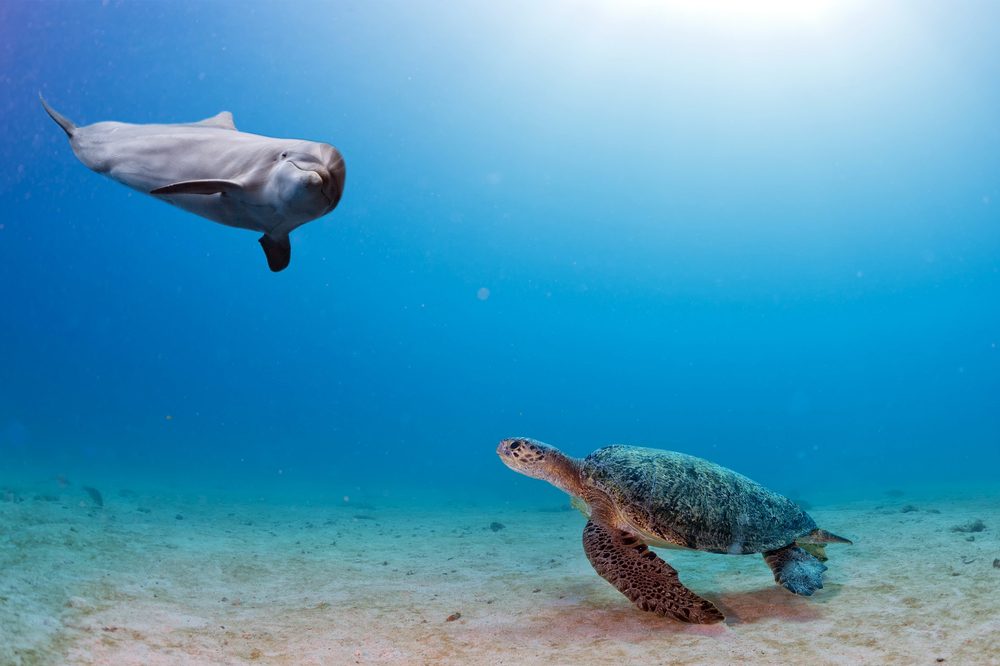
4. Consume Safely & Consciously
With all of the overfishing happening throughout the world, the phrase “plenty of fish in the sea” is quickly becoming a thing of the past. And it’s not just the fish populations that are being depleted. Each year, billions of unwanted fish and other animals, including dolphins, marine turtles, seabirds, sharks, and corals, die due to illegal and destructive fishing practices.
Safe Alternatives: While giving up seafood is one option, you can still enjoy fish as long as you order options from a sustainable menu. Not sure which fish is safe to eat? Check out our article “How to Make Responsible Choices at the Seafood Counter” or use the Monterey Bay Aquarium Seafood Watch guide.
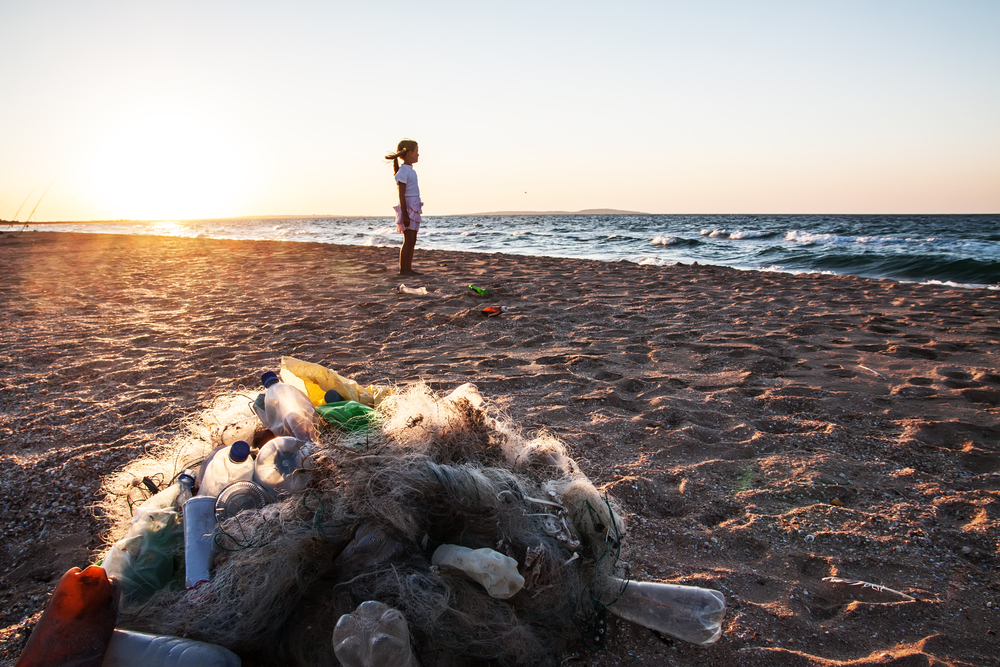
5. Save the Ocean & Join a Beach Cleanup
Despite an increase in the number of people saying “no” to plastic each year, the sad reality is that plastic continues to find its way into our oceans.
Beach cleanups are a great way to remove plastic debris that has washed up on our beaches and dispose of it responsibly.
Because beach cleanups are seen by other people using the beach, they are also a great way to raise awareness. Contact your local dive or water sports center to find out when the next cleanup near you is taking place.
Don’t live near a beach? Ask in your local community about countryside cleanups! Check out conservation activities near you here.
6. Take to Social Media
No matter what action you choose to take to help save the ocean – let the world know about it.
Post about your actions (and use #savetheocean) to keep people updated. Share any tips or hacks that you discover along the way. Your actions will help raise awareness and could inspire others to do the same!
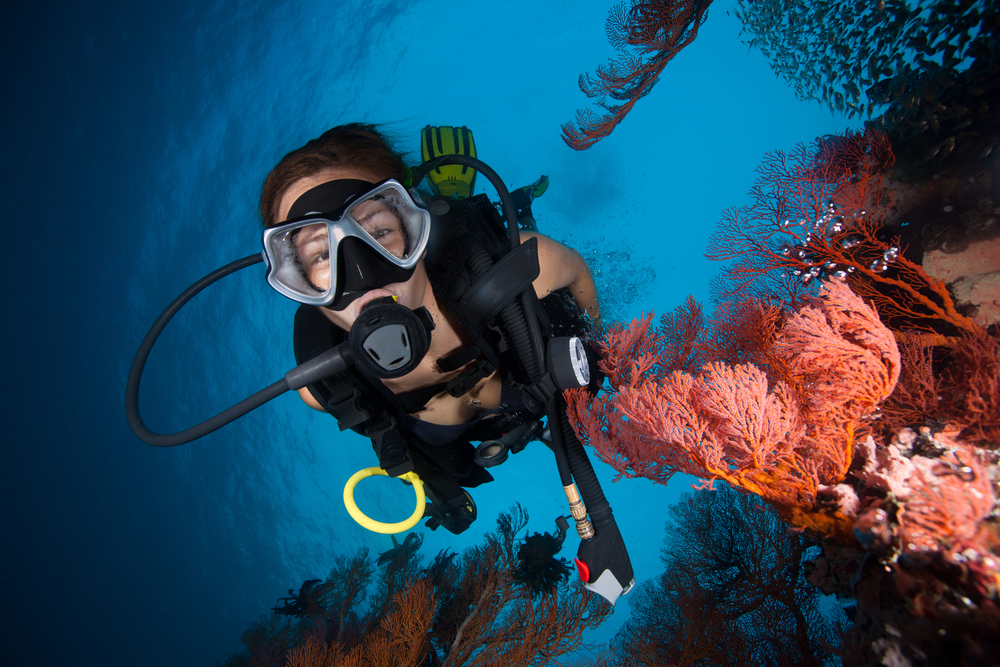
7. Learn to Dive
By learning to dive and exploring waterways around the world, you gain a unique vantage point. You begin to personally witness the impacts we have on underwater environments, both the good and the bad. With this perspective comes the responsibility – and desire – to be an advocate for the ocean and the life within.
In addition, you’ll be certified to help save the ocean from underwater. Dive shops and clubs around the world run regular underwater cleanups, which rely on certified divers to remove litter from the seafloor. And, you can personally make every dive a Dive Against Debris. This unique program run by PADI AWARE allows divers to log the marine debris they remove from the ocean, creating a database of pollution information for scientists and governments to use in order to protect our seas with new regulations.
We protect what we love, so the best way to save the ocean is to love it. And, there’s no better way to fall in love with the ocean than to learn to dive. Get your PADI by starting your scuba diving certification online now.
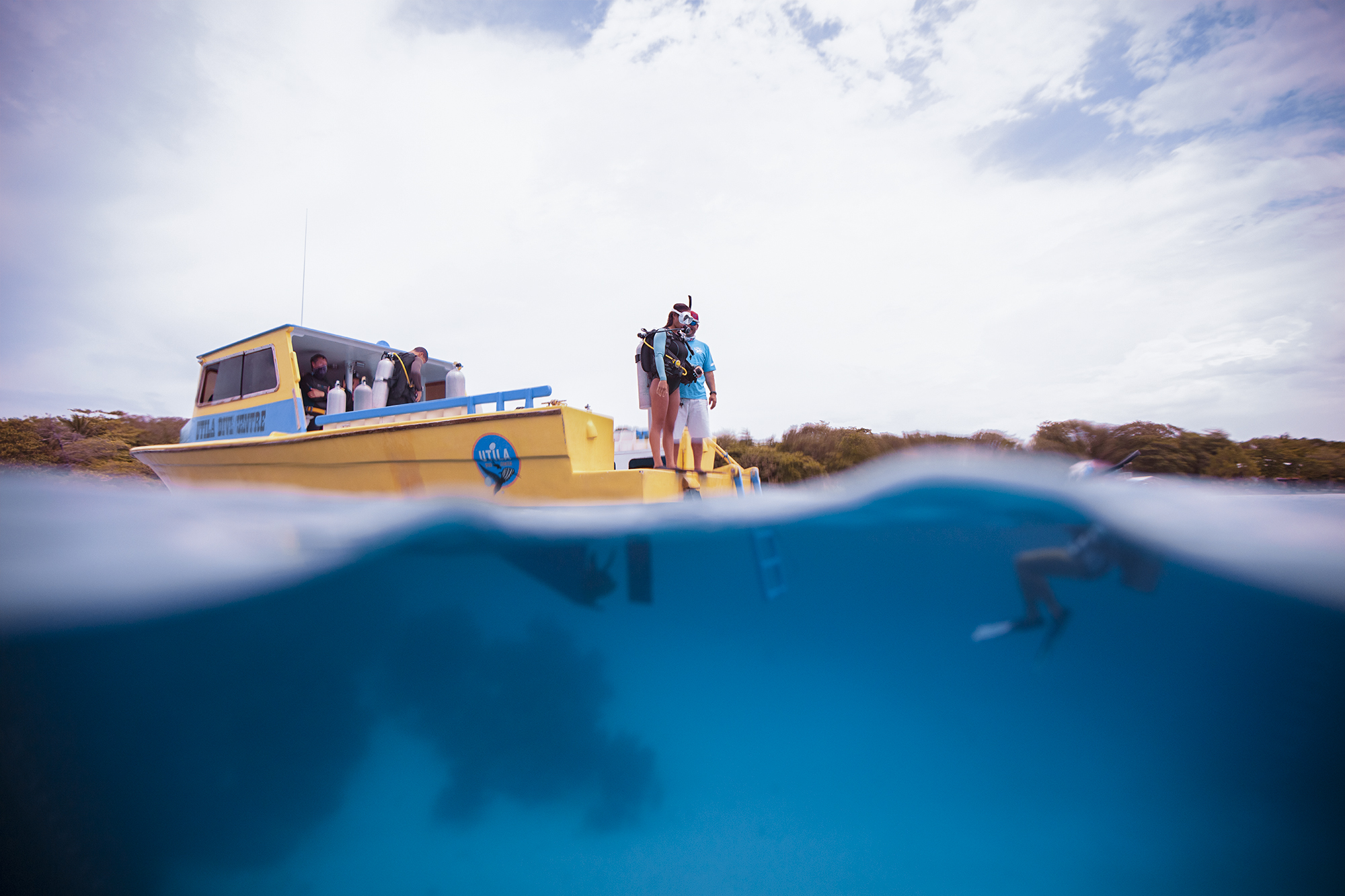
Ready to start making a positive change and help save the ocean? Take action with PADI AWARE and join scuba divers around the world working for underwater conservation. Or, get involved in projects close to home to protect our underwater environments and #LiveUnfiltered with nature. Alternatively, if you’re not yet a diver, get started with your Open Water Diver course online today. Being able to explore, showcase and protect our water world from beneath the surface can help you have a major impact on the health of our oceans.
